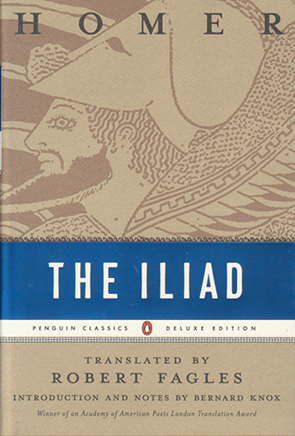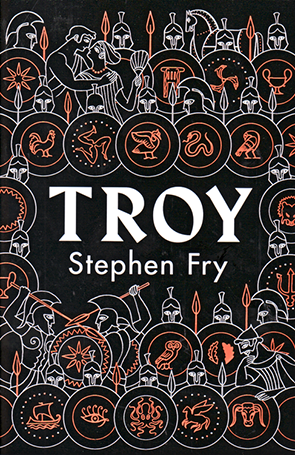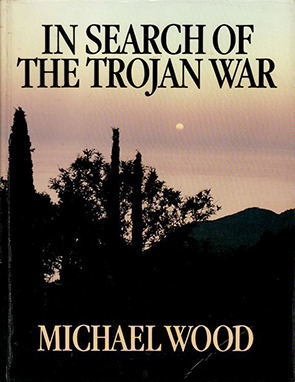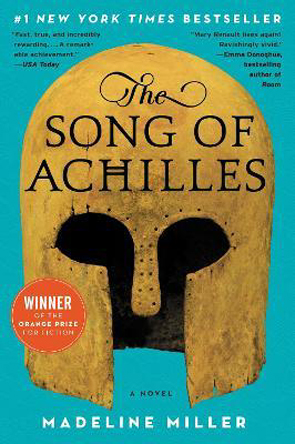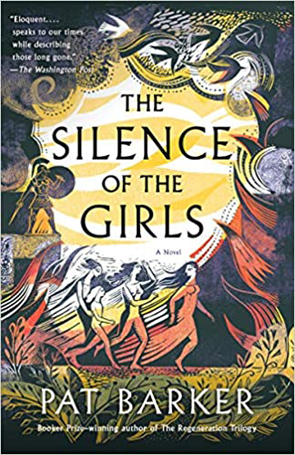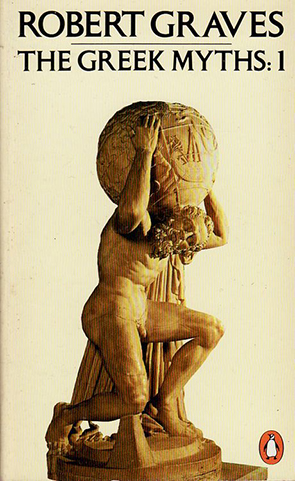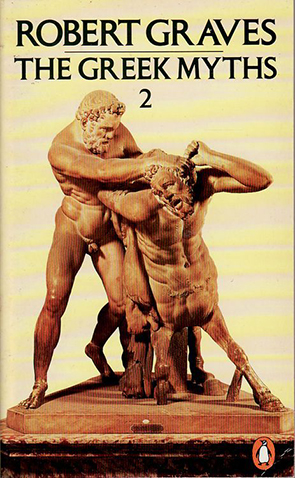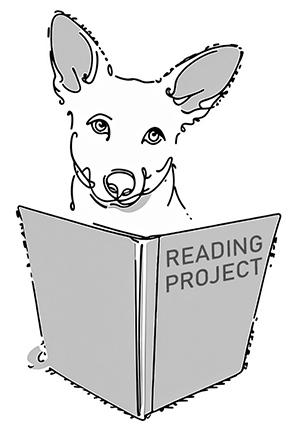Table of Contents
- Book 1: The Rage of Achilles
- Book 2: The Great Gathering of Armies
- Book 3: Helen Reviews the Champions
- Book 4: The Truce Erupts in War
- Book 5: Diomedes Fights the Gods
- Book 6: Hector Returns to Troy
- Book 7: Ajax Duels with Hector
- Book 8: The Tide of Battle Turns
- Book 9: The Embassy to Achilles
- Book 10: Marauding Through the Night
- Book 11: Agamemnon’s Day of Glory
- Book 12: The Trojans Storm the Rampart
- Book 13: Battling for the Ships
- Book 14: Hera Outflanks Zeus
- Book 15: The Achaean Armies at Bay
- Book 16: Patroclus Fights and Dies
- Book 17: Menelaus’ Finest Hour
- Book 18: The Shield of Achilles
- Book 19: The Champion Arms for Battle
- Book 20: Olympian Gods in Arms
- Book 21: Achilles Fights the River
- Book 22: The Death of Hector
- Book 23: Funeral Games for Patroclus
- Book 24: Achilles and Priam
Introduction
This reading project is a work in progress and will remain unfinished for some time.
The Trojan War is a watershed moment in Western history. It marked the end of the Bronze Age and the Ancient Greeks saw it as a pivotal historical event, despite its mythic elements. It has been the inspiration for poetry, novels, art and many historical accounts which try to marry the details we have from ancient writers, particularly Homer, with reality. Two highly accessible sources for general readers are Stephen Fry’s Troy and Michael Wood’s In Search of the Trojan War. Wood’s book was produced to tie in with his six part BBC documentary series of the same name produced in the mid-80s. It’s old, but it was Wood’s series and book that made me interested in the subject of Troy in the first place, so I recommend it here. The documentary series is available to watch on YouTube and you can easily find the first episode by clicking here. Fry’s book is the third in a series of three which cover the Greek Myths. They are highly readable.
Apart from these three books, I also have to acknowledge Robert Graves’s two volume book, The Greek Myths, which is a good first source for checking background information on the characters and stories found in The Iliad.
The idea to return to Homer came from a decision to reread The Odyssey in preparation for our reading of James Joyce’s Ulysses. That intention has now expanded to include The Iliad as well as Virgil’s The Aeneid in the future. The introductory details below outline some details about the war and Homer, which will be re-written and expanded as this project matures.
Toriaz's motivation for wanting to return to The Iliad, also, is to read the source material for modern retellings. Pat Barker's The Silence of the Girls and Madeline Miller's The Song of Achilles are feminist retellings of this old story, and a part of the tradition of art and literature that has been inspired by Homer.
How to use this Project
My interest in the Trojan War is one of a general reader. I profess no expert knowledge. I first read Homer’s The Iliad and The Odyssey when I was in my late teens. This project is about returning to the poem and engaging with it slowly. For readers of this page my summary, character work, examination of art inspired by the poem, my general notes and (eventually) my review of Homer’s poem should actually be useful if you’re interested in the poem itself, particularly if you wish to use these pages as a companion to your own reading of Homer. But anyone requiring a more academic approach to the historical details and discussions about Troy should also find other sources.
Editions Used
The edition of The Iliad we will be using for this Project is Penguin’s Deluxe Edition of Robert Fagles' translation. All references will be to it unless otherwise specified. I originally read E.V. Rieu’s 1950 translation. This is a prose translation which I was never fond of, which is why I eventually bought Fagles’ translation to read. Sometime over the years, I have lost my copy of Rieu. I also have Alexander Pope’s famous edition published between 1715 and 1720, which I have never fully read. Despite liking Pope’s other poetry, this is not a favourite edition for me, either. I feel his use of heroic couplets plays with the sense of the poetry and is less appealing to a modern audience. I may make references to this edition as a point of comparison only.
The introductory details about the Trojan War and Homer will be updated as I make further progress.
The Trojan War
The Trojan War
Homer and The Iliad
Homer and The Iliad
